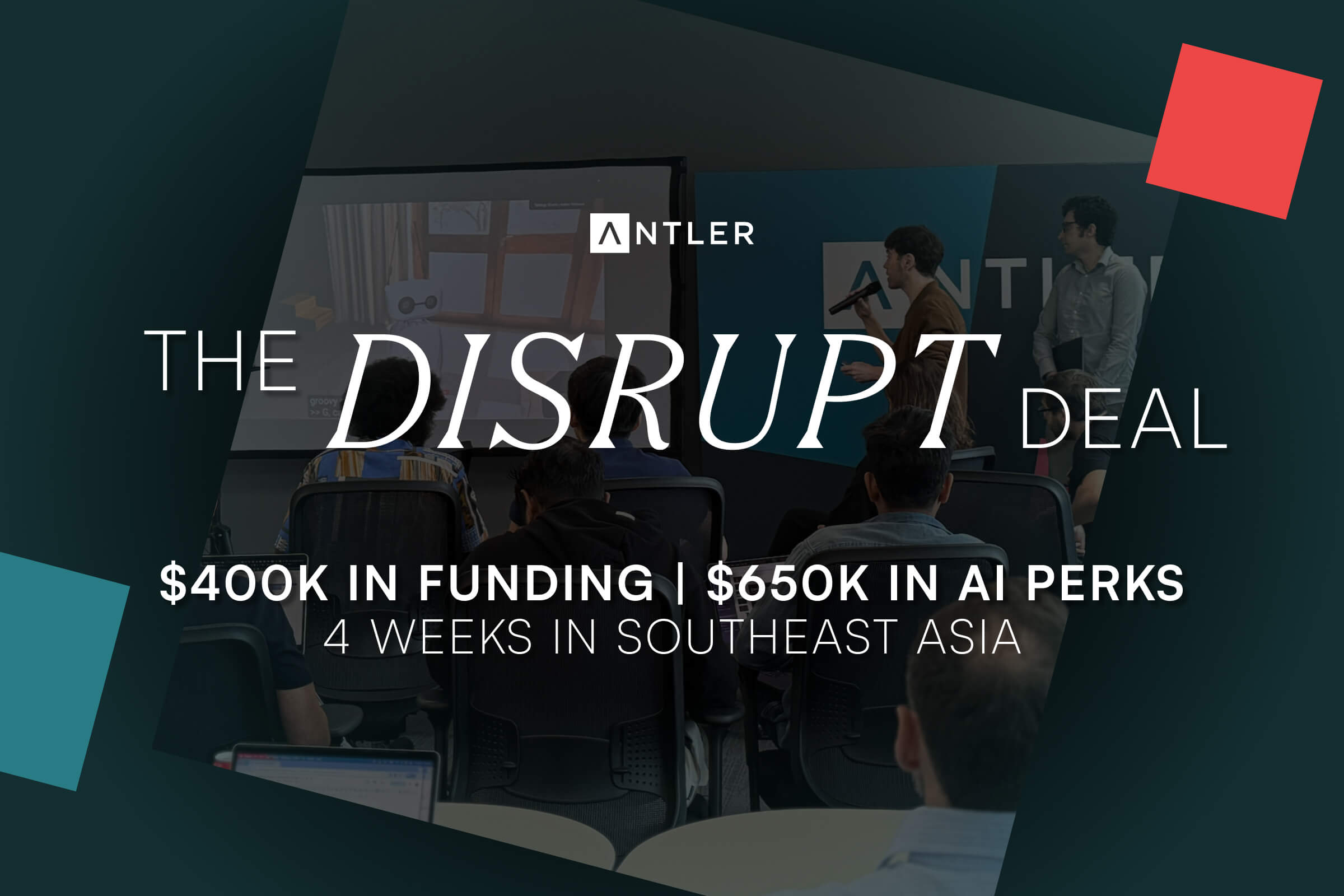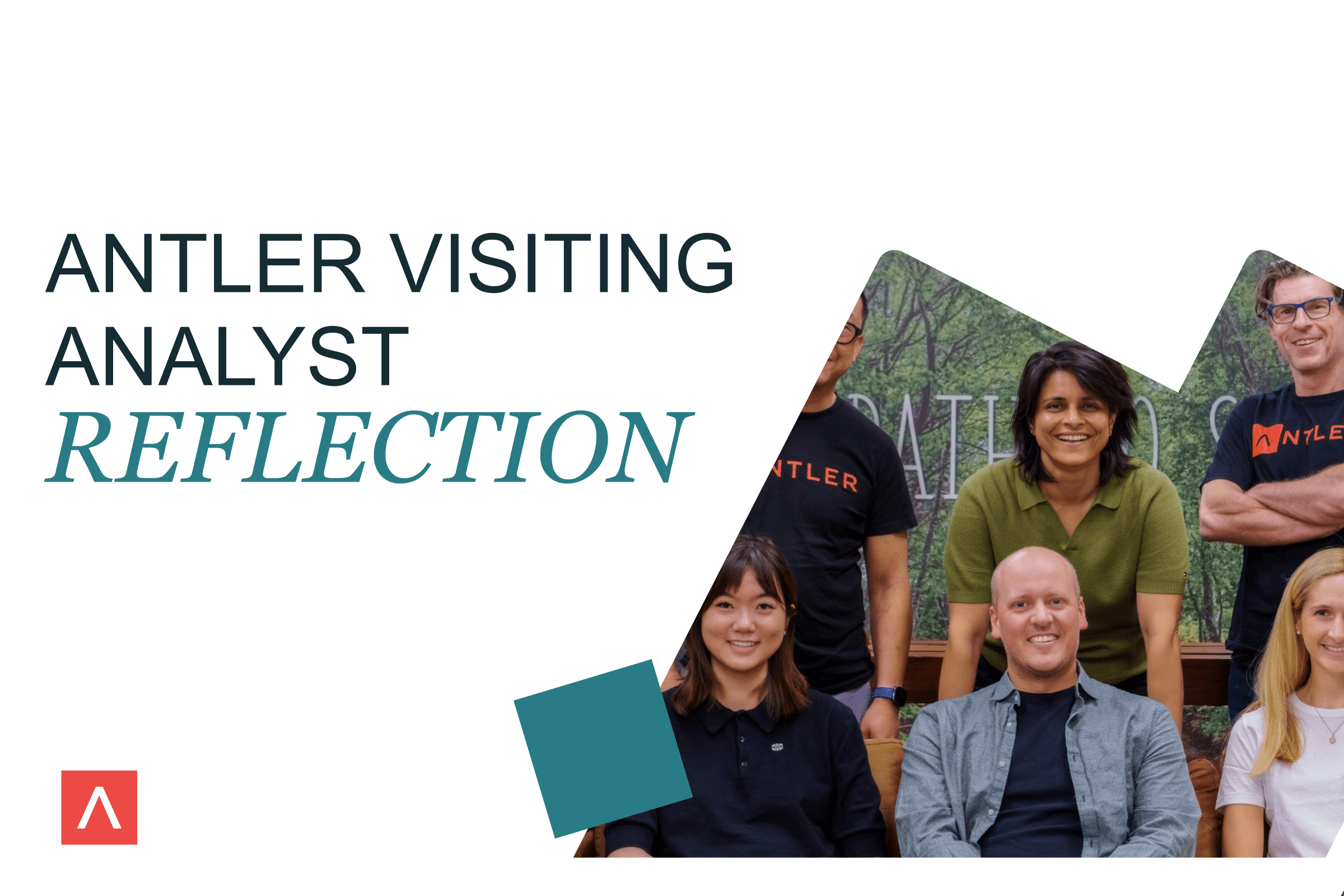What is the biggest marketing challenge a young startup faces?
Startups simply don't have the big budget to run a huge marketing campaign. There is no way they can buy digital exposure or utilise expensive channels and agencies. However, this is also a blessing in disguise. A limited budget allows marketers to be more creative. As a startup with limited resources, you are forced to think out of the box and find alternative methods to get things done.
Marketing for startups may also be challenging when it comes to creating the right message for your product that's often very new and innovative. As a marketer at an early-stage startup it's your task to figure out how to best package and sell a brand new technology and service. It's important to position your product in the market in a way that's attractive for your target audience. It often takes a time before you get this right, so start testing your messages early with your potential customers and tweak it as you learn how they react to them.
What is the biggest asset to a young startup in this phase?
When you are starting out from scratch, the world doesn't have a preconceived notion of who you are. In that sense, you have nothing to lose! The best part of launching something new is that people tend to be more curious about new ventures - their interest is naturally piqued to begin with. Journalists are always excited about covering new ideas, so give them something to shout about. The opportunities for exposure can be very promising if you play your cards right.
What are some key learnings or takeaways from your experience which you would share with new entrepreneurs?
When I was at Wrapp, a rewards-based app out of Europe, we seemed to be doing great in terms of product-market fit. We were growing at 10 per cent weekly and we had 1 million users in a couple of months. The customer-user fit was great but it took us a long time to notice that the product-market fit on the supply side (our retailers) wasn't as great. We had what you could call a false product-market fit and I've seen that with more companies. It's important to really understand your numbers and the motivations of your customers and to try to spot early whether you're on the right path and why you are on that path. Ultimately at Wrapp, we had to do a big product pivot and we could've saved a lot of time and money if we had spotted this false product-market fit earlier.
In terms of finding "real" product-market fit, remember that it's not only the product you'll have to tweak until you reach it. It is also the messaging around it and what kind of customers you're targeting. Many times, startups are too focused on changing their product and forget that they could take the same product and test it in different markets. Exploring different markets and target audiences with your product is always a good idea, who your ideal customer is may surprise you.
What are some skills you would suggest budding entrepreneurs bring to the table as new marketers?
As an entrepreneur, you should be naturally curious, and this should be a two-fold effort. Firstly, go out there and talk to potential customers and get valuable feedback. Secondly, once you build your base, use your data to gather insights. Analyse these numbers and find key trends, patterns and find the story that's behind them. You can always dig deeper into your data to unfold hidden trends.
You also need to run fast. A lot of people are great at research but often get stuck with half baked strategies. Be a doer, pick up the phone, send that email and meet that person for lunch. Try to make every lunch lead to a meeting with two new strangers, build your contacts. You will be surprised of the amount of people willing to help you along the way.
You have worked in improv theatre before. Has this experience helped the work you do today?
It definitely has. Most startups improvise a great deal. The more restrictions you have, the easier it is to perform. If you are asked to improvise without speaking or using your hands, the performance actually becomes easier for the artist and the audience can't praise you enough.
The same rules apply to startups, the limitations help promote creativity. The fewer resources can be a true gift. Improv also taught me to change and adapt quickly to situations. Teamwork is also key to good improv and no startup can be successful without collaboration. It doesn't matter what role you're hired for in a startups, you all get to wear a lot of different hats and work on a variety of task, that's what's really fun and rewarding.












